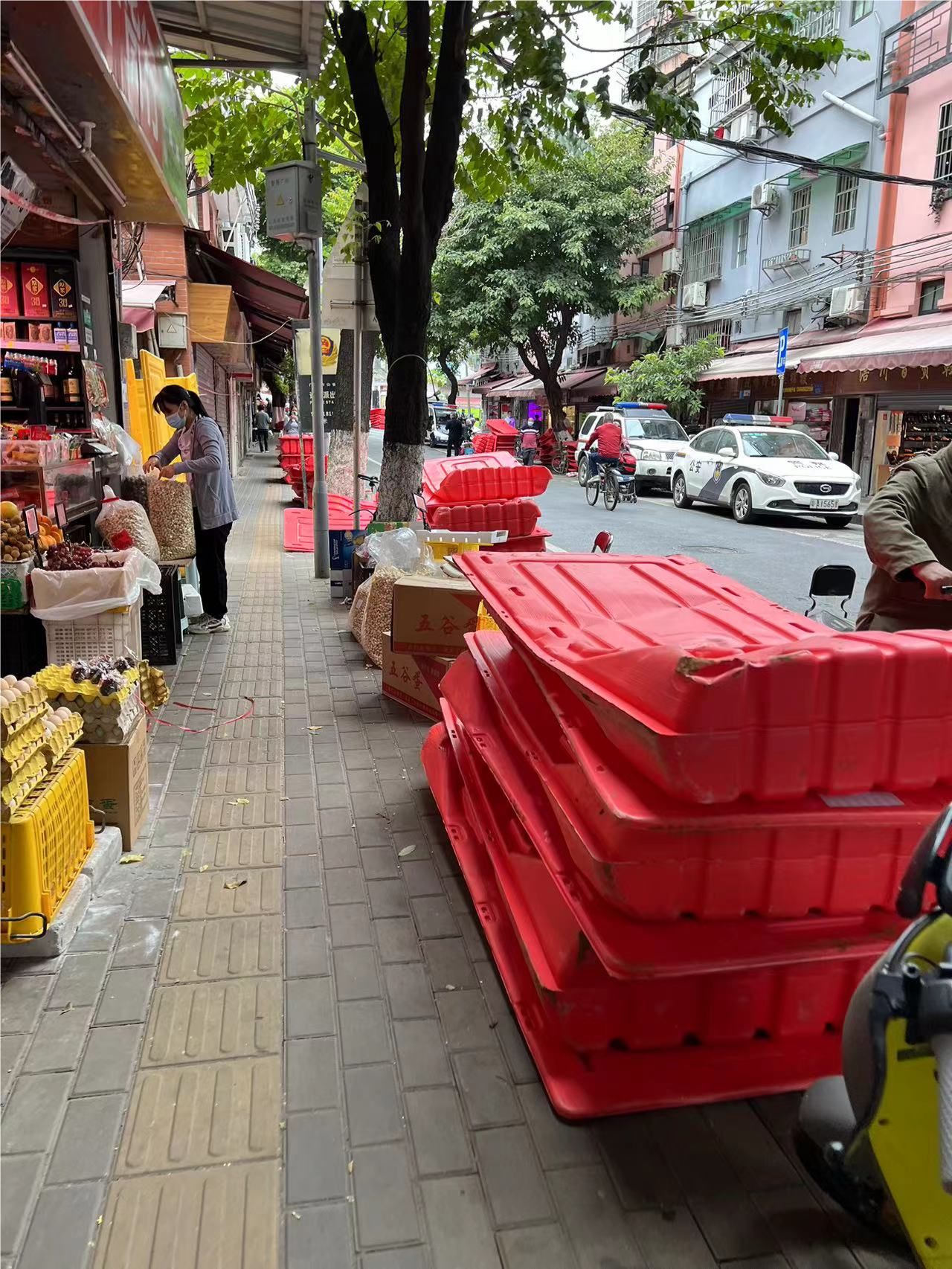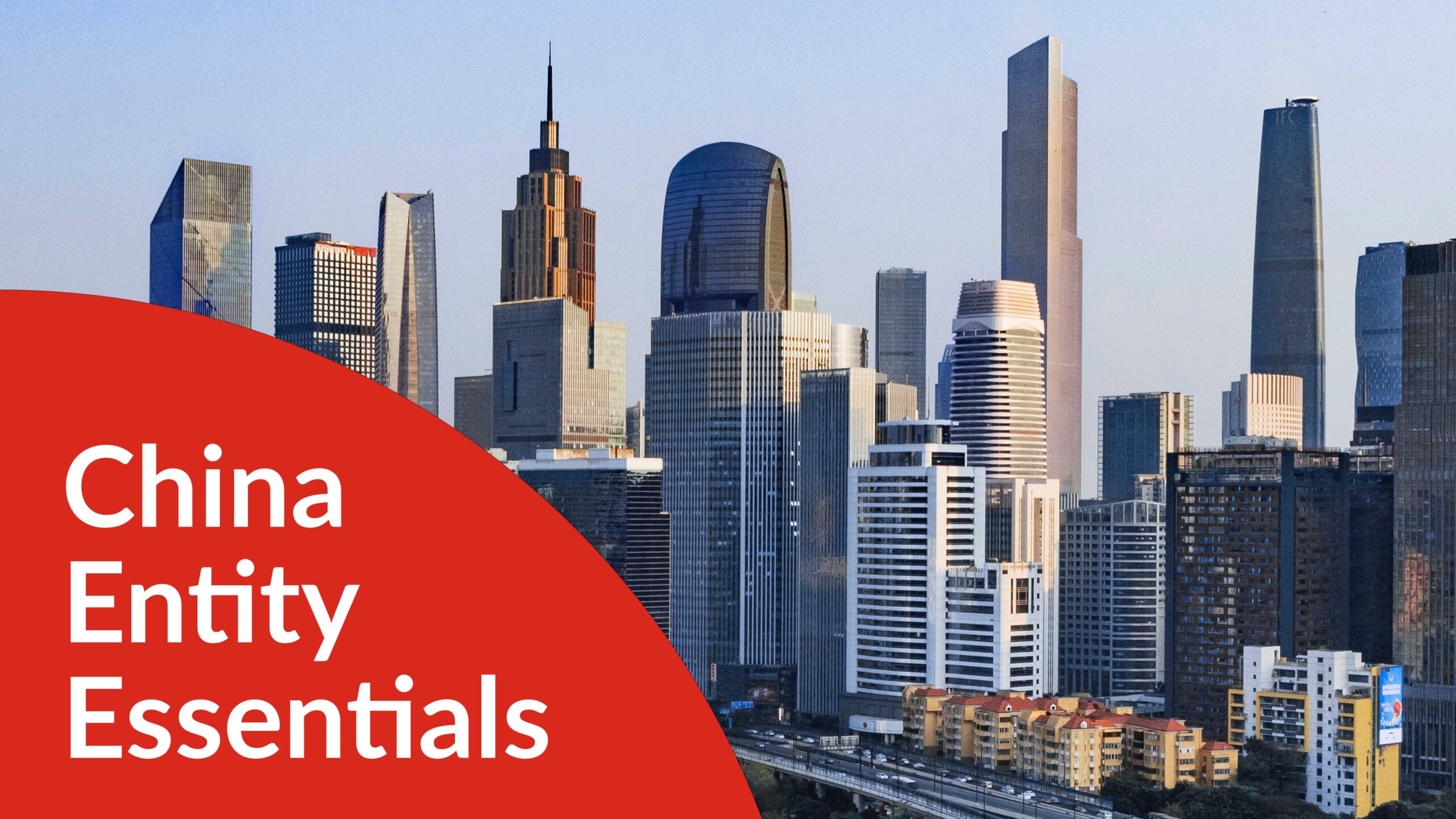A lot of fanfare was made about the 20 adjusted Covid-19 control measures released by the State Council’s Joint Prevention and Control Mechanism. After the 20th Party Congress, it was the news that we had all been waiting for. A step in the right direction on the road to a China opening up in 2023 regarding covid policy changes.
Subsequent actions and events have taught everyone a valuable lesson about how China operates. Due to the highly infectious nature of the Covid Omicron variants, giving an inch will cause it to take a mile. The policy announcements were made at a time of ever-increasing cases. How are the provincial authorities going to introduce these new steps from Beijing while maintaining the overarching Zero Covid policy?
Different provinces, different rules
Every province interpreted the mixed messaging in their own way. Some cities such as Shijiazhuang, under the financial strain of never-ending centralized covid testing, decided to drop many requirements for testing and travel. Other provinces implemented the policies but then created ‘special area exceptions’. Which then listed huge swathes of China – effectively tightening the restrictions and making them more localized. This is the opposite of what was intended by the policy changes.
As an example of this – the Kinyu Management Team has had to travel to Changsha in Hunan Province, before travelling to Tianjin. The reason is that travellers to Tianjin who have been to Guangzhou, a ‘special area’, in the last 7 days must quarantine in a centralized hotel for 3-5 days. However, the authorities in Changsha are more lenient. There is also a difference in application depending on the mode of transport. When driving, entering cities is more convenient, but when taking the high-speed train, the authorities are extremely strict.
Shanghai has also issued a policy. This means anyone from outside Shanghai travelling in, will not be allowed to enter any public space for 5 days. This is implemented regardless of where you have come from.
Overall, the policy changes to make the country more open have resulted in the complete opposite.
Desperate measures
Another consequence of vague but powerful edicts coming from above has meant that unlawful and arbitrary practices are then used by local authorities to keep cases low. The most poignant of which has been the blocking of fire exits and doors to buildings – sometimes with chains. It is an attempt to curb the increase of cases at all costs, including, unfortunately, the cost of some lives. This act is seen not just in small, far-flung towns, but in tier 1 cities such as Shanghai and Guangzhou. There has been widespread backlash to this remorseless approach, with scenes not seen in over 30 years.
Again, this is the result of a lack of clarity when implementing policies. It should be noted that unlawful and arbitrary practices such as this have been condemned centrally. However, only as an afterthought.
International travel
Part of the policy changes which can be seen as universally positive is international travel. The mandatory hotel quarantine has been reduced from 7 days to 5 days, and the circuit breaker for international flight routes has been dropped. This does provide much more stability for cross-border travel, but only for Chinese citizens and existing residents in China.
It is interesting to note that policies that are implemented at a national level are done so in a smooth and efficient manner, compared to policies implemented domestically. This is due to international border policy and its administration being managed centrally. This compared to domestic policy, which is issued centrally but administered locally.
The Lesson Learnt?
The aim of the 20 covid policy changes policy announcements was to create national alignment and remove the requirement for mass lockdowns. However, China is a prominent place, with mindsets and priorities differing across the country. The potential for misinterpretation is too big. An action that seemed to be in good spirits has resulted in a policy quagmire, which must be addressed with detailed clarification.
Feel free to reach out for more clarity and support in your China Operations here.



